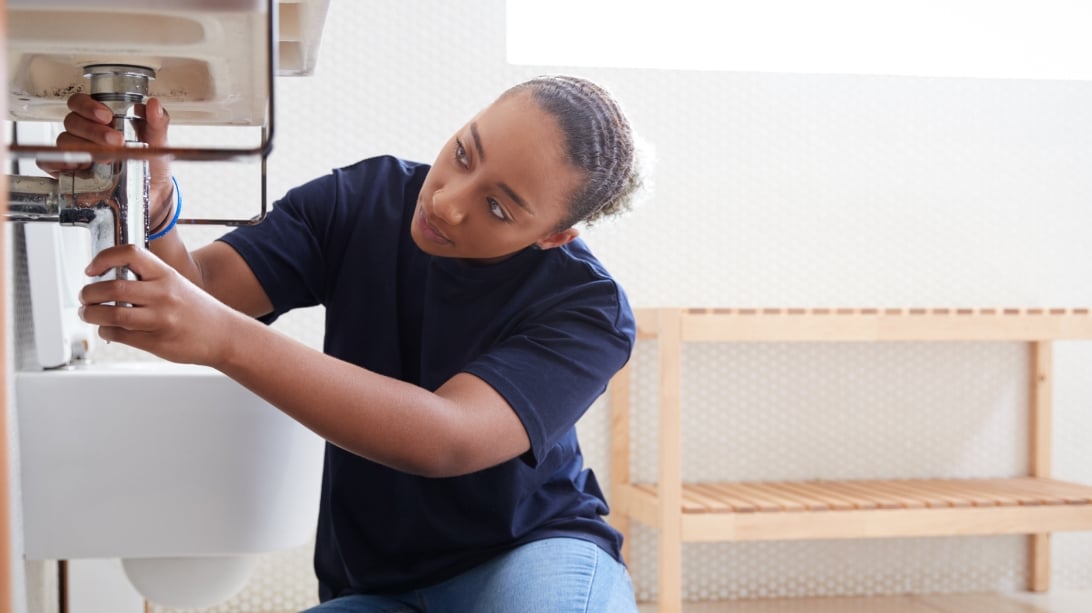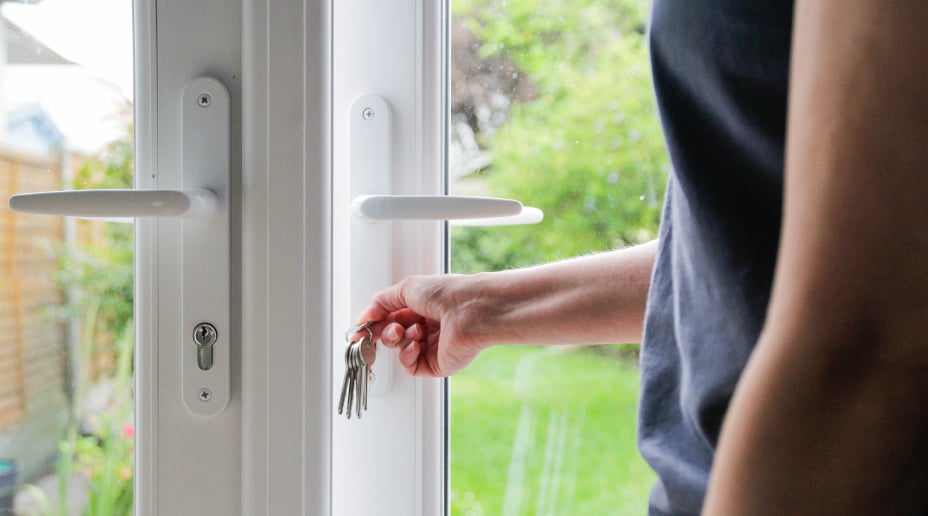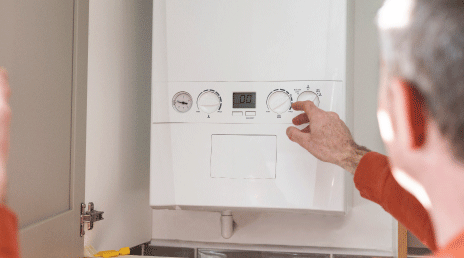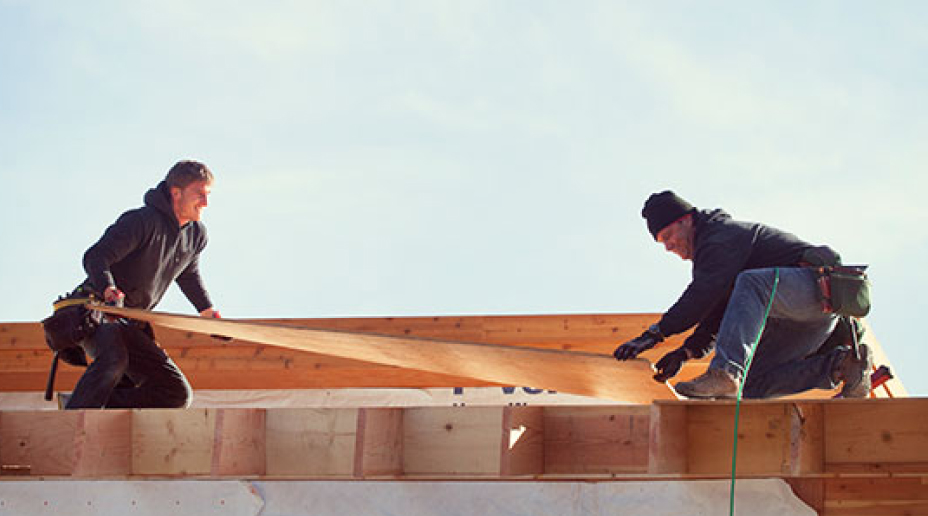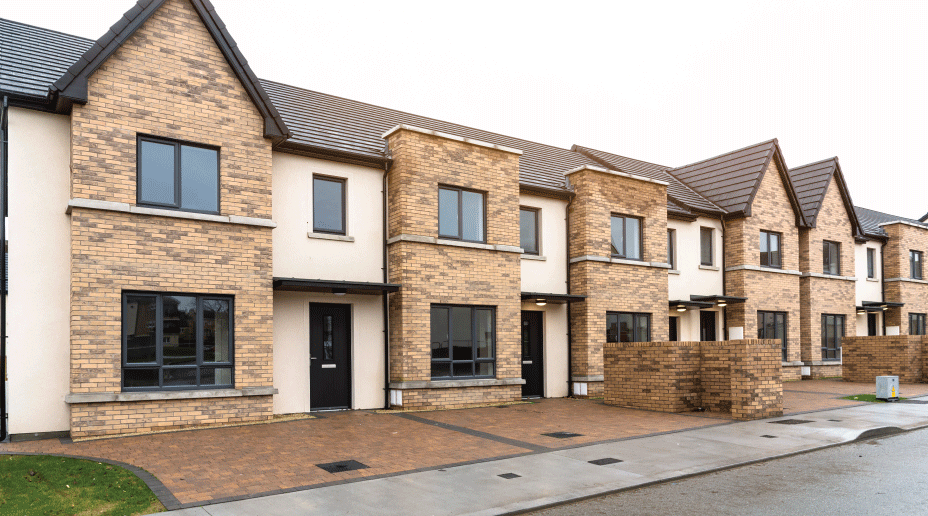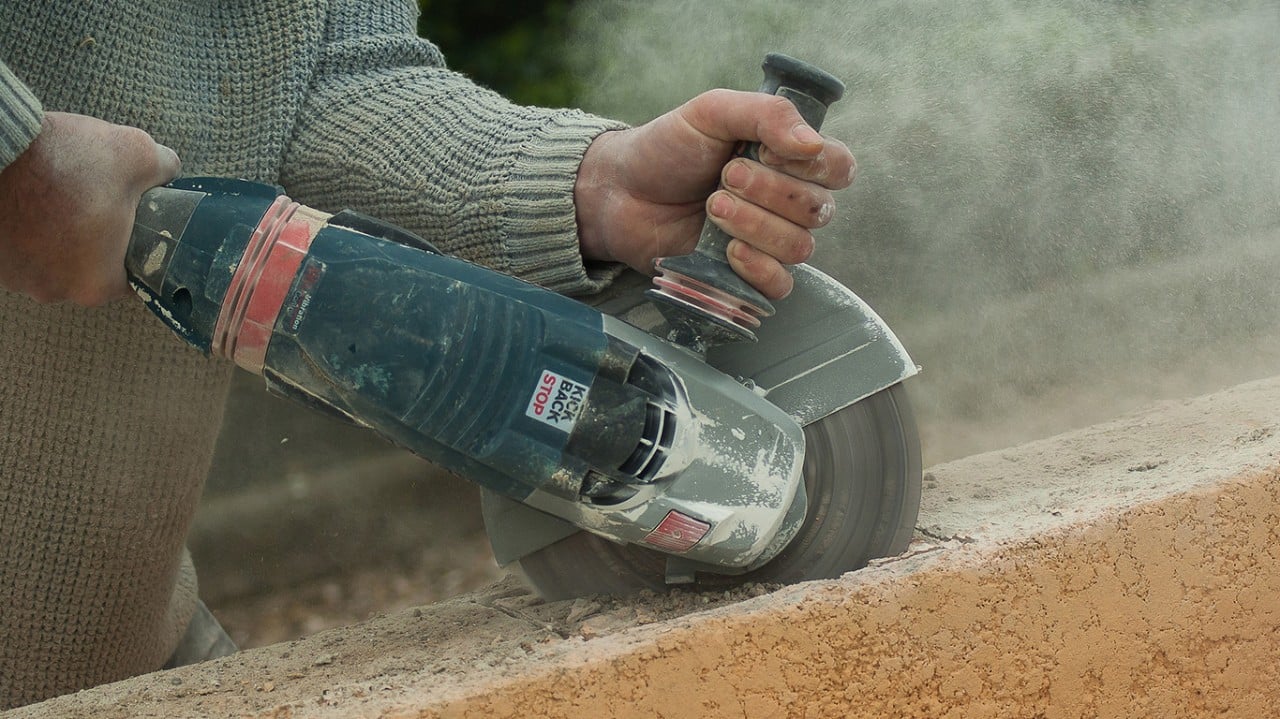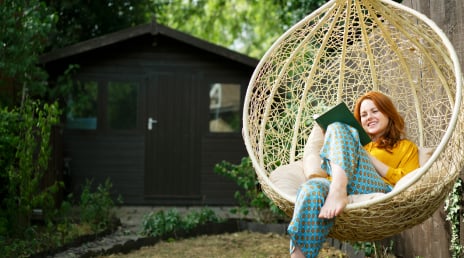Published 27 October 2025
Fixing a leak in your home
Every home is prone to leaks. There are usually dozens of central heating and plumbing pipes running through our home's walls, and they can be temperamental - especially in frosty weather.
- What should you do if there's a leak in your home?
- What can you do to prevent leaks?
- Does your home insurance cover leaks?
What to do if there's a leak in your home?
Not only can leaks cause structural damage to your home, but they also can lead to mould. Mould thrives in humid temperatures, so if pipes are leaking in a warm area of the house, mould can appear within 24-48 hours.
Dangerous spores that can affect your health may form in just three days if left untouched. As soon as you spot a leak, you need to act quickly to secure your home and health.
- Locate your stopcock and turn off the water.
- Run your taps to rid your system of water.
- Call your insurer and tell them what's happened and where the leak has come from.
- If it's safe to do so, soak up any warm water with towels.
- Move precious items or furniture out of harm's way.
What if the leak is late at night or on a weekend?
Contact your home insurer - most insurers have a service avaliable 24/7 to help you. If you have Allianz Home Emergency Cover you'll be able to contact the claims line for help at any time of the day or night.
If not, follow the tips above, and try to speak to your insurer as soon as you can. If you get help from a plumber at any point, be sure to keep all receipts and invoices.
How to spot a leak in your home?
Usually, the first signs of a leak in your home are a sudden loss of water pressure, mysterious puddles or damp patches appearing on a floor, wall or ceiling. Often, however, the effects of a leak can suddenly show themseleves as a bulge in the ceiling, or even a flood. When this happens, reacting quickly can help prevent further damage.
Even if you can't see any obvious signs of a leak, you may still have one. Here's how to spot a leak that might be hidden:
- Check the water meter in your home - Make a note of the meter reading and then turn off your home's water supply. After half an hour if the number on the display has changed, this could indicate a leak. At that point, it's time to call your insurer, water supplier or plumber.
- Keep an eye on drips - Even if your leak is slowly dripping, don't ignore it. This can lead to much bigger problems such as rotten joists and blown ceilings.
- Regularly check radiators and pipes - Pipes should be dry to the touch, if they're not, this could be a sign of a slow leak.
How to prevent leaks
Like everything in life, prevention is better than cure, so regular maintenance could make a real difference. It's important you keep your home in good condition to prevent leaks.
Damaged grouting and sealant around baths, sinks and showers can lead to links. These sealants are not designed to last forever and will need periodic mainteance and renewal. Failed sealant can be hard to spot, but in many cases, it can look raised and blackened - a sign it's time to replace and reseal the area.
Annual services by a qualified heating engineer will make sure you have a well maintained system and is the best way to keep on top of issues before they happen. The costs of these checks will be far less and you'll avoid potential damage a water leak could have on your home.
If there's cold weather on the way, you can prevent your pipes from freezing and bursting by keeping your heating on low and warm when you leave the house. You can also lag your pipes (add insulation) to prevent any damage.
There's great tech that can help monitor your home's pipes. For example, installing a water leak detector will give you an early warning of any trouble. Some such as Samsung's SmartThings device, can connect to your smartphone so you can get notifications on the move.
Make sure you're clued up on how to protect your house from escaping water.
What does your home insurance cover?
Depending on what's caused the leak, your insurer can help in a number of ways - including covering the cost of repairs. If you have Allianz Home Insurance, we'll cover damage caused to your home by water leaking from any fixed tank, appliance or pipe. Your belongings are covered too, including personal items and furniture.
Make sure you keep your house, pipes and plumbing in top shape to avoid any damage from leaks.
Check out Allianz Home Insuarance and make sure you're covered in case of a leak.
